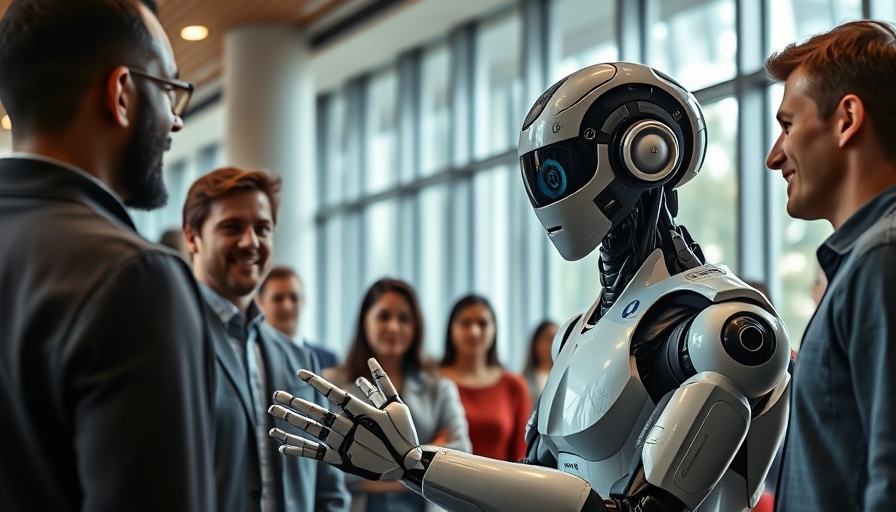
Understanding Our Complex Bonds with Technology
The ongoing relationship between humans and machines is intricate and constantly evolving. While machines perform tasks that are generally challenging for humans—like high-level calculations or strategic games—they falter in domains where humans naturally excel, such as simple physical actions and emotional intelligence. This juxtaposition forms the foundation of our interactions with AI and robots.
Recent literature sheds light on how our emotional connections are increasingly intertwined with technology. Three prominent books explore the shifting landscapes of love, friendship, work, and health as we integrate intelligent machines into our everyday lives. This re-examination of relationships from physical interactions to digital ones prompts diverse questions regarding authenticity, value, and the essence of companionship.
The Role of AI in Shaping Relationships
One of the most pressing topics discussed centers on how AI transforms our interpersonal connections. Chatbots and virtual agents penetrate various facets of daily life, from providing advice and companionship to mediating familial disputes. However, as technology attempts to bridge human-like interactions, it raises ethical concerns that demand our attention.
Research indicates that while AI chatbots can offer emotional support and operational efficiency, there exists an underlying risk of alienation. Scholars like Allison Pugh have noted how AI deployment in therapy, education, and healthcare depersonalizes the labor that forms human connections, favoring algorithmic outcomes over genuine interactions.
AI’s Implications in the Workforce
A recent initiative by DOGE illustrates the rising influence of AI in decision-making within the job market. By analyzing employees’ email communications, they plan to assess job necessity, prompting a heated discussion about the ethical implications of such surveillance.
The push towards automation can be perceived as part of a broader narrative of efficiency at the expense of human nuance. Critics argue that a mechanistic approach to determining workplace value disregards the qualitative aspects that define human work. For example, nurturing relationships often require empathy, understanding, and engagement—qualities that AI cannot replicate.
The Echo of Loneliness in Social Structures
As we navigate a landscape increasingly occupied by these automated systems, understanding the growing loneliness epidemic becomes critical. Studies suggest that meaningful human interactions contribute significantly to our happiness and well-being. The rise of digital interfaces risks eroding community ties and diminishing the quality of social interaction.
Personalization vs. Genuine Connection
Big Tech companies have positioned personalization as a remedy for the growing impact of depersonalization. However, it begs the question: is machine-based personalization a substitute for genuine human contact? Many remain concerned that the drive towards personalized AI experiences hampers authentic relationships, creating a veneer of connection without facilitating meaningful engagement.
Looking Ahead: Balancing Technology and Humanity
As we face a future heavily influenced by AI, it is crucial to strike a balance between leveraging technological advances and preserving the irreplaceable elements of human connection. Policies advocating for the humane treatment of workers in sectors susceptible to automation could help, preserving dignity in workplaces that increasingly lean on AI.
On a communal level, fostering environments where human interactions are prioritized is fundamental. Establishing regulations for AI applications in sensitive sectors, like healthcare and education, can ensure that human workers are not only present but valued.
Conclusion: Embracing Our Future with Caution
The interplay between technology and relationships exemplifies the need for an ongoing dialogue about the future we wish to cultivate. Understanding the consequences of integrating AI into our lives and communities will shape the fabric of our relationships. As we navigate this complicated landscape, we must prioritize what it means to be human in an increasingly mechanized world.
By critically engaging with how AI reshapes our social interactions, we pave the way towards a future that honors genuine human connections amidst technological advancements. We must ensure that as machines evolve, our fundamental human traits—empathy, compassion, and authenticity—remain paramount.
 Add Row
Add Row  Add
Add 
 Add Element
Add Element 
Write A Comment